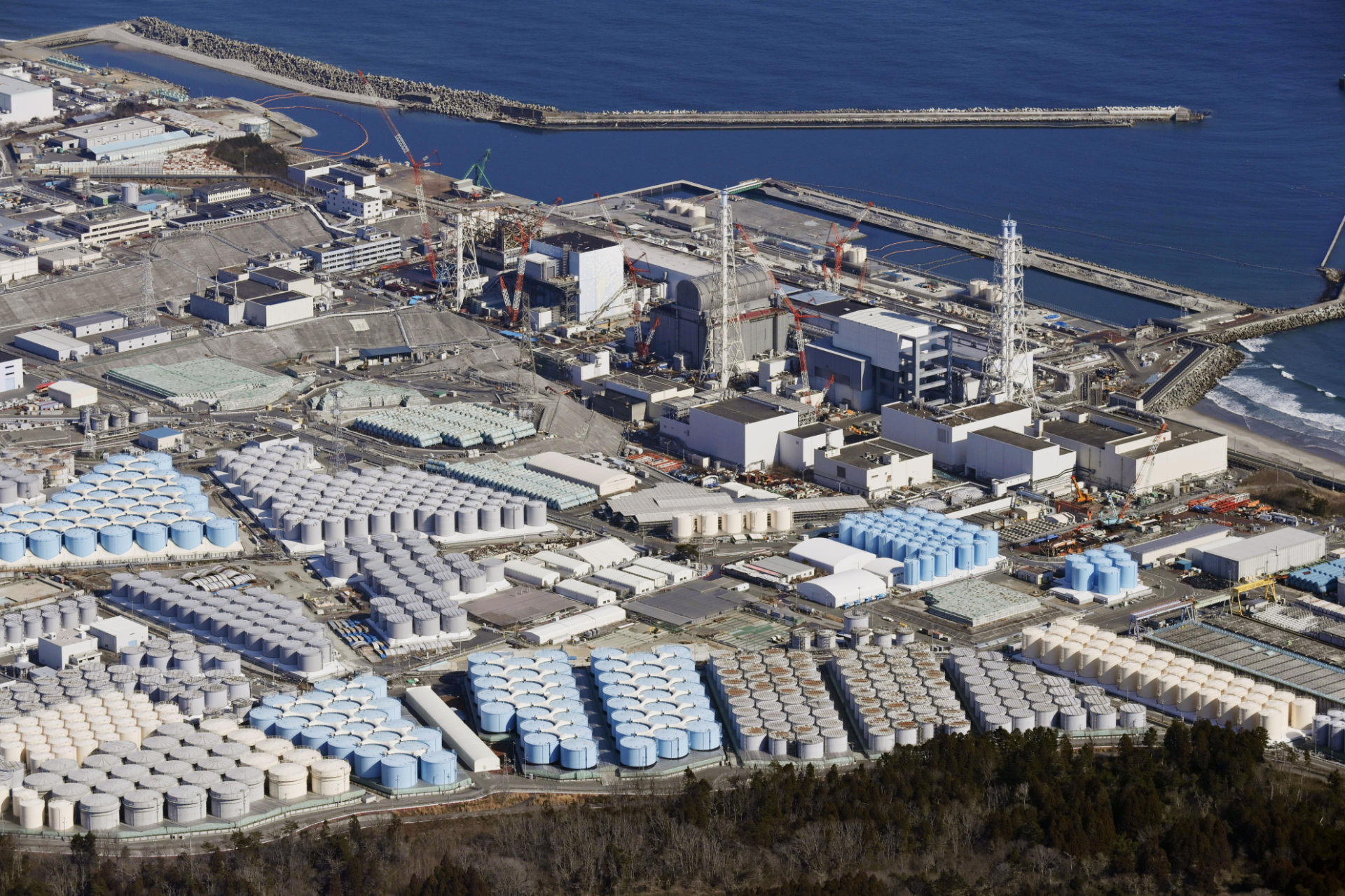Beijing slams Japanese plan to dump Fukushima wastewater into Pacific
After Japan announced its intention to discharge built-up wastewater from the 2011 Fukushima nuclear disaster, China was joined by South Korea and Taiwan in protest. The U.S. and the International Atomic Energy Agency said the plan met safety standards.

The Japanese government today made a long-awaited, and controversial, decision over what to do with more than a million tons of wastewater that have built up since the 2011 Fukushima nuclear disaster. Starting in 2023, Tokyo said, the water will be diluted and expelled into the Pacific Ocean in gradual amounts, beginning a disposal process expected to last up to 40 years.
- Japan, the U.S., and the IAEA (International Atomic Energy Agency) all say that the plan meets international safety standards. The New York Times notes that the wastewater is “sent through a powerful filtration system that is able to remove all of the radioactive material except for tritium, an isotope of hydrogen that experts say is not harmful to human health in small doses.”
- But China slammed the decision as “highly irresponsible,” with the Foreign Ministry accusing Japan (in English, Chinese) of making a unilateral move without proper consultation with its neighbors, who would be most affected by any adverse environmental impacts.
- Greenpeace Japan said that it “strongly condemns” the decision. The organization accused Tokyo of choosing the cheapest option rather than finding a way to “minimize radiation hazards by storing and processing the water over the long term.”
Japan has insisted that it did extensive outreach for years leading up to the decision. Unfortunately for Japan, it is not popular in the neighborhood:
- South Korea and Taiwan also criticized the decision, Bloomberg reports.
- China, Hong Kong, and Taiwan are among 15 countries and regions that still enforce restrictions on imported food from Fukushima Prefecture, Japan Times reports.
Moreover, the decision comes amid renewed Japan-China tension, after the Japanese government joined the U.S., EU, U.K., and others in condemning Beijing’s treatment of Uyghurs in Xinjiang, and Chinese Foreign Minister Wáng Yì 王毅 gave Tokyo a warning (in Chinese): “Don’t extend your hand too far.”
- More bumps in the road this week? Beijing is sure to be watching closely as Japanese Prime Minister Yoshihide Suga travels to Washington, D.C., to meet with U.S. President Joe Biden on April 16. The two sides will reportedly discuss an international infrastructure plan as a “counterweight” to the Belt and Road, the signature foreign policy of Chinese leader Xí Jìnpíng 习近平.






